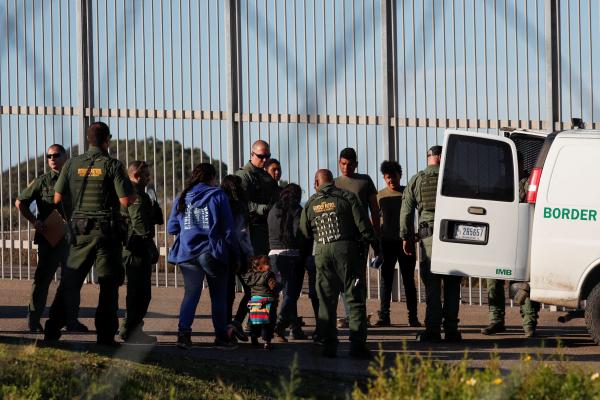Dec 21, 2018
“God created mankind in his own image, in the image of God he created them; male and female he created them.” —Genesis 1:27 NIV
But we have too often used language that denies the truth that each immigrant — regardless of their country of origin, legal status, ethnicity, religion, or any other qualifier — is a person made in your image, with inherent dignity and potential.
Read the Full Article

Already a subscriber? Login
